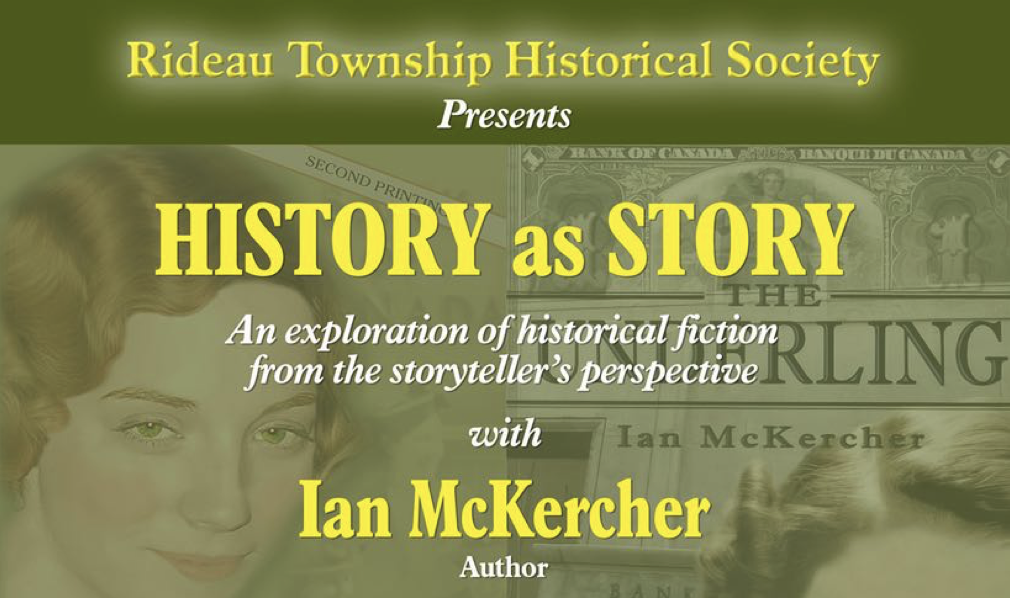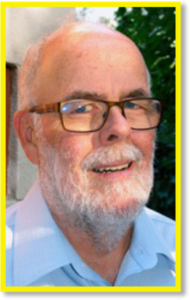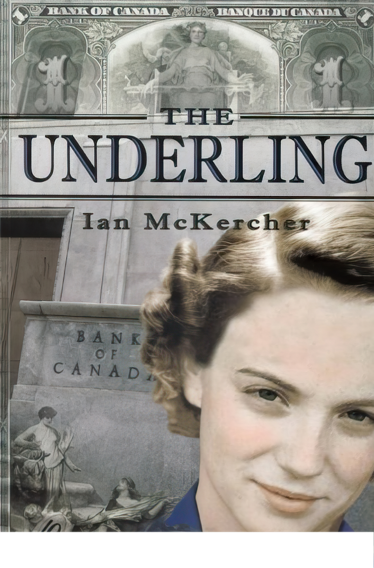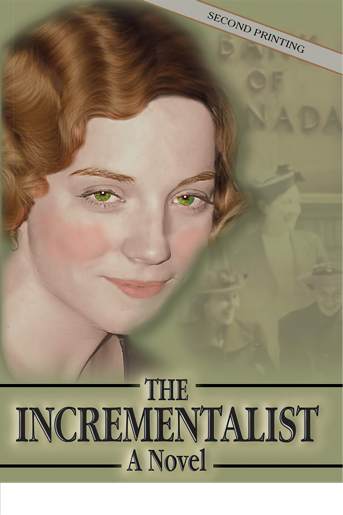History as Story

~ Report by Myra McFarlane ~
April, 2022

“I like history and I like stories; that’s what I do.”
On April 20th we were treated to a lively, wide-ranging and interactive discussion with Ian McKercher, ostensibly about his historical fiction.
Ian is interested in history, and in story. As he says: I like history and I like stories: that’s what I do. As a historical fiction writer, his knowledge of what actually happened vs what might have happened forms the crux of his work.
Ian’s period of study is between 1934 and about 1942, and he uses the increasing independence of Canada as an effective backdrop to several page-turning works of fiction, which interpret events that may or may not have actually happened. His use of the creation and growing pangs of the Bank of Canada shows us how our history, while on the face of it boring, is nothing but, and is filled with interesting personalities and events which play out on the world stage, albeit in the shadows.


What we see in Ian’s work is the connection between “known” history and the art of story making, often inspired by something that actually happened and a question like “what if”. He writes about the social and political maturation of Canada, the public service specifically, but not exclusively, the Bank of Canada, and about how individuals can and will step up for an ideal.
Heady stuff, written in an accessible and entertaining manner, and which encourages the reader to “willingly suspend disbelief.”
Ian has some strongly held views about Canadian history in general (shared by many of those attending on zoom that night) - that it is undervalued, under taught and, in contrast to what he called “gun & trumpet” history, really interesting!
In his heroine Frances, we see a parallel development from a seventeen-year-old school girl, to a trusted member of the team that launched the Bank of Canada, and performed feats of derring-do, heretofore unknown!
Unsurprisingly, Ian shared with us that he did reams of research to create his fictional characters and to make the historical characters come alive. Background reading included contemporary newspaper articles, as well as documents about the political and economic context for the creation of the Bank.
Additionally, he shared with us the results of his research about the “mandarin” class and the implications for the personnel decisions surrounding the beginnings of the Bank. For our group, Ian’s comments about how that research convinced him of the intelligence, integrity and creativity of that group came as no surprise at all!
The discussion then moved onto a more abstract conversation about the maturity level of individuals in their late teens and early twenties, in comparison to the “extended adolescence” that we see today. And of course, the value of influence vs hard power in any organization, which explains how our heroine Frances could do the things she did!
Finally, and we cannot capture the entire evening - as Ian says, “show don’t tell” - the discussion turned to the feeling of living in Ottawa at the time of the end of the depression and the beginning of Second World War. Here we saw the research about the context within which his characters lived paying off. “I had a map of the streetcar lines, and could see that everyone lived within 800 yards of a street car stop.” Ottawa was geographically, socially and physically a small town. Everyone knew “someone.” And that’s why the plots feel so real.
So, history, or story? Or something in between? You be the judge. Ian has kindly offered to visit book clubs to discuss his works further from the point of view of literature, and not solely the historical perspective as was the focus of our lively meeting. You can reach him through his website - and be sure to tell him you heard about his work here! https://ianmckercher.com/
